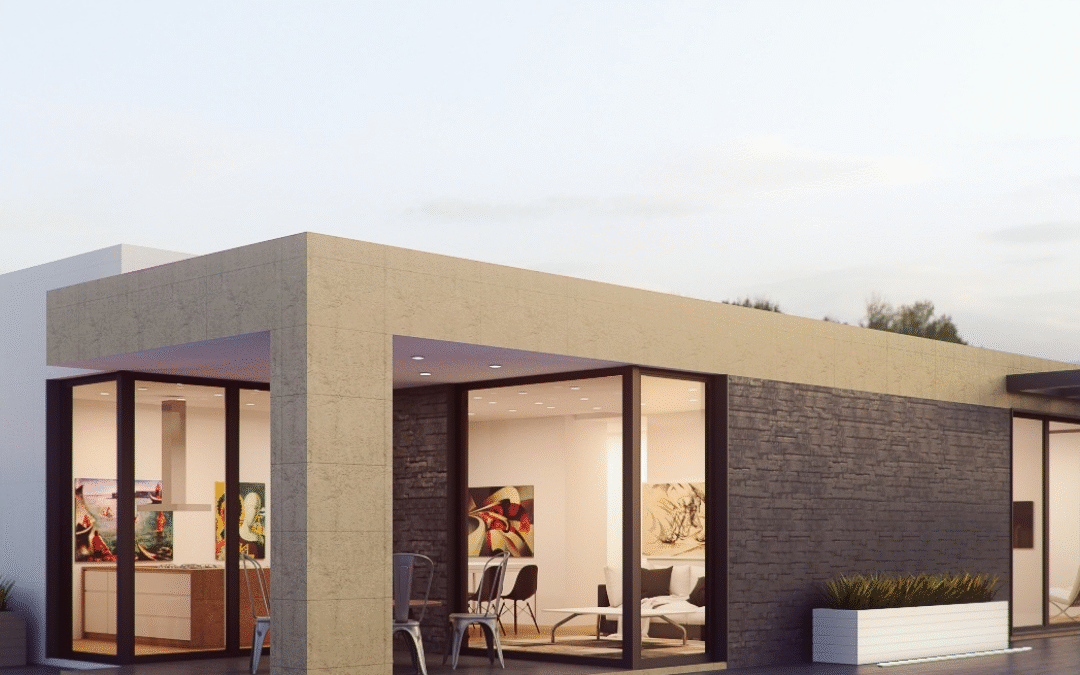Green living communities in India
Green living communities in India: In an era defined by climate urgency, resource scarcity, and shifting consumer values, sustainable living is no longer a fringe concept it’s a global imperative. Nowhere is this transformation more evident than in the real estate sector, where sustainability is rapidly becoming the cornerstone of future development. From green buildings and smart infrastructure to eco-conscious communities and net-zero homes, the future of real estate is being reimagined through the lens of environmental responsibility.
The Rise of Sustainable Living
Sustainable living refers to a lifestyle that minimizes environmental impact by reducing carbon footprints, conserving resources, and promoting ecological balance. In real estate, this translates into energy-efficient buildings, renewable energy integration, water conservation systems, and sustainable construction practices.
The global real estate industry contributes nearly 40% of greenhouse gas emissions, making it a critical sector for climate action. As urbanization accelerates especially in countries like India, where the real estate market is projected to reach $1 trillion by 2030, the need for sustainable development becomes more urgent.
Why Sustainability Is Reshaping Real Estate
1. Consumer Demand Is Evolving
Modern homebuyers are increasingly prioritizing eco-friendly features. They seek homes that offer energy efficiency, smart automation, and healthier living environments. According to a CRISIL report, buyers now expect amenities like EV charging stations, rainwater harvesting, and net-zero energy homes. Sustainability is no longer a luxury it’s a baseline expectation.
2. Economic Incentives and Long-Term Savings
While sustainable construction may involve higher upfront costs, it offers substantial long-term savings. Green living communities in India, Energy-efficient buildings reduce utility bills, and green certifications like LEED or IGBC can enhance property value and attract premium buyers or tenants. Developers are recognizing that sustainability drives profitability over time.
3. Government Policies and Global Goals
Governments worldwide are pushing for greener urban development. India’s Smart Cities Mission and its commitment to net-zero emissions by 2070 are catalyzing sustainable real estate growth. Regulatory frameworks like the Real Estate (Regulation and Development) Act (RERA) also promote transparency and accountability, aligning with sustainability goals.
4. Corporate ESG Mandates
Environmental, Social, and Governance (ESG) criteria are now central to corporate strategy. Businesses demand carbon-neutral office spaces, and developers are responding with green buildings that offer natural lighting, renewable energy, and wellness-focused designs. These spaces not only reduce environmental impact but also improve employee productivity and retention.
Key Features of Sustainable Real Estate – Green living communities in India
Sustainable real estate isn’t just about solar panels or green rooftops it’s a holistic approach to design, construction, and green living communities in India.
Here are some defining features:
- Energy Efficiency: Use of LED lighting, smart thermostats, and high-performance insulation.
- Renewable Energy: Integration of solar panels, wind turbines, and geothermal systems.
- Water Conservation: Rainwater harvesting, low-flow fixtures, and greywater recycling.
- Eco-Friendly Materials: Use of recycled, non-toxic, and locally sourced building materials.
- Smart Technology: Home automation systems that optimize energy and water usage.
- Green Certifications: LEED, IGBC, EDGE, and other certifications that validate sustainability standards.
Case Study: Gurgaon’s Green Revolution
Gurgaon, one of India’s fastest-growing real estate hubs, is setting new benchmarks in sustainable development. Developers like Signature Global are leading the charge with IGBC-certified projects across affordable, mid-income, and luxury segments. Their focus on reducing carbon footprints, optimizing water usage, and enhancing energy efficiency reflects a deep commitment to sustainability.
Signature Global Prime, an affordable housing project, recently received IGBC Platinum certification proving that green living isn’t exclusive to high-end properties. This democratization of sustainability is a game-changer for the industry.
The Future Outlook – Green living communities in India
The future of real estate is undeniably green. As climate concerns intensify and technology evolves, sustainable living will become the norm rather than the exception.
Here’s what we can expect:
- Mainstreaming of Net-Zero Homes: Homes that produce as much energy as they consume will become standard.
- Circular Construction Practices: Emphasis on reuse, recycling, and minimal waste generation.
- Eco-Conscious Communities: Neighborhoods designed around walkability, green spaces, and shared resources.
- AI and Data-Driven Sustainability: Smart sensors and predictive analytics will optimize building performance.
- Global Collaboration: Organizations like the Urban Land Institute (ULI) are fostering international partnerships to accelerate sustainable development.
Challenges to Overcome
Despite the momentum, sustainable real estate faces several challenges:
- High Initial Costs: Green technologies and certifications can be expensive, deterring smaller developers.
- Lack of Awareness: Many buyers and builders still lack understanding of sustainability benefits.
- Regulatory Gaps: Inconsistent enforcement of green building codes across regions.
- Limited Skilled Workforce: Need for trained professionals in sustainable design and construction.
Addressing these challenges requires a multi-stakeholder approach involving governments, developers, investors, and consumers.
Conclusion: Building a Greener Tomorrow
Green living communities in India is not just a trend it’s a transformative movement that’s redefining the future of real estate. As environmental consciousness grows and technology advances, the industry must evolve to meet new expectations. Developers who embrace sustainability will not only future proof their investments but also contribute to a healthier planet and more resilient communities.
Whether you’re a homebuyer, investor, or developer, the message is clear: the future of real estate is green, smart, and sustainable.

